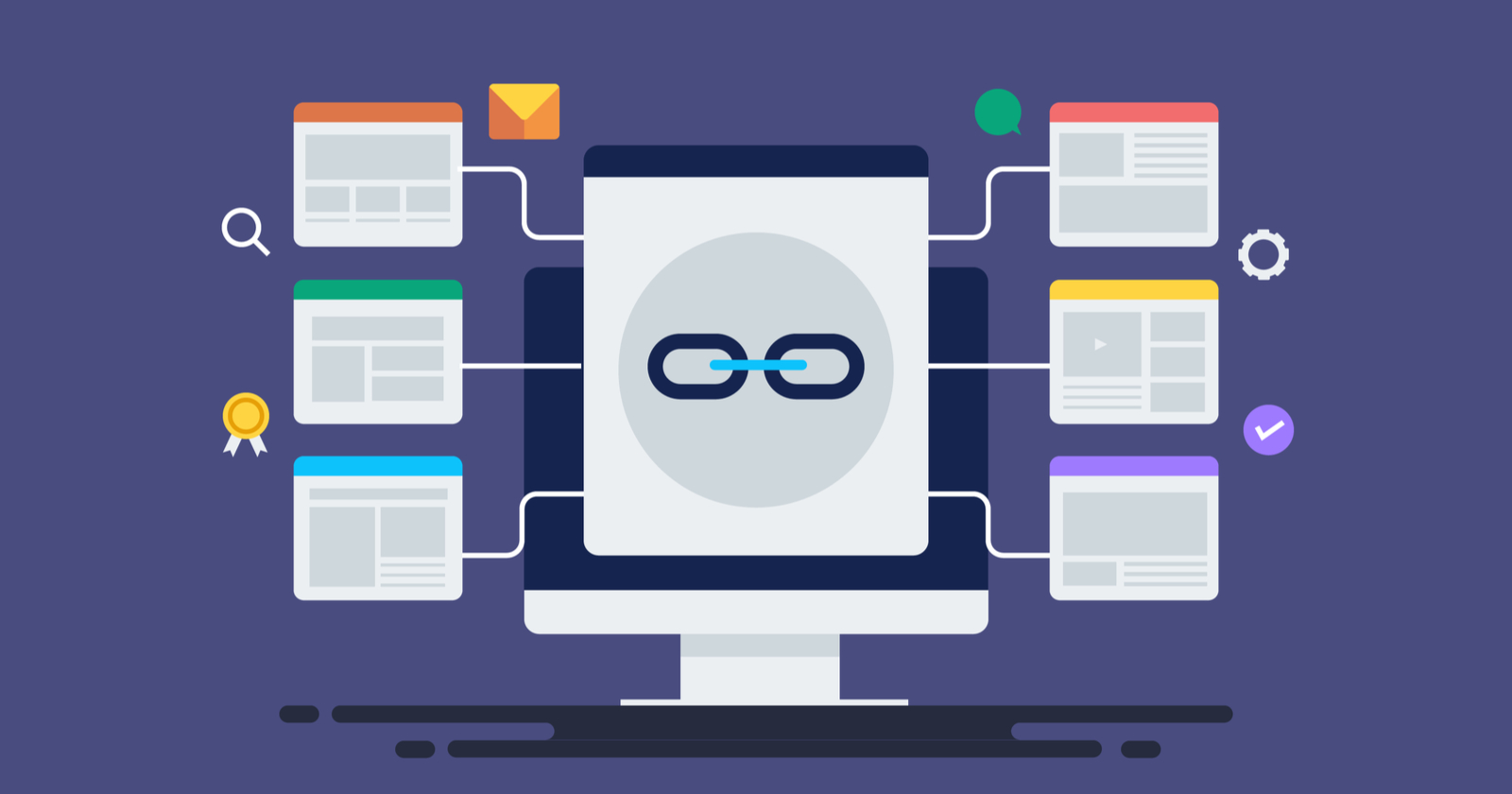Every single day, I get emails from people I don’t know offering to sell me links.
In fact, in the last 24 hours, I have received 12 emails offering to either sell me links or perform “white label” link building services.
I get it. Link building is hard.
And many of the people who are drawn to SEO don’t necessarily love nurturing the relationships it takes to organically build quality links.
Even so, should you buy links from that cold email contact?
The Danger in the Inbox
Most people understand that buying links is against Google’s terms of service.
Apocryphal stories of the manual penalties and lost fortunes make the rounds in every SEO group.
But desperate website owners still respond to spammy link selling offers that arrive unsolicited in the inbox.
Of late, these offers list a number of websites where links are “available” for purchase.
In some cases, the websites seem to offer legitimate linking opportunities.
But in reality, these websites have either been hacked or a rogue writer is accepting money under the table to insert links into their copy.
Most of these link building offers are worth about as much as the space they take up in your inbox.
Manual Penalties Are the Least of Your Worries
I’m going to tell you a secret.
You probably aren’t going to get a manual penalty from Google unless you do something blatantly wrong.
And if you do receive a manual penalty, getting that penalty lifted is a pain but a pretty straightforward process.
The bigger concern for most when going grey or black in their link building efforts are the algorithmic penalties that can occur.
In my experience, Google simply ignores most purchased/paid links.
And in many cases, Google can tell when a link is purchased.
In that case, you’ve paid for a link that is giving you no value.
And in some cases, you might see your rankings inexplicably drop.
This happens because Google recognizes the purchased links and algorithmically downgrades your site.
When this happens, it’s impossible to know if the rankings drop is because of the shady links, or if it’s because of some other reason.
This scenario is worse than a manual penalty, in my opinion.
We can do something about a manual penalty.
An algorithmic slap is much more difficult to diagnose and fix.
Why Would Anyone Link to You?
At the end of the day, all marketing accelerates the inevitable.
If a product or service is going to succeed, marketing (including SEO and link building) will speed up the timeline for success.
If a product or service is going to fail, marketing will help it fail faster.
If you have a quality product or service, you have something worth linking to — but it’s up to you to tell the world all about it.
If you want to succeed in SEO, you have to create something that others want to link to.
This means digging deep and really understanding your unique selling point.
At the end of the day, competitive analysis is great. However, if you just do what your competitors do, you might match them but won’t beat them.
It’s best to concentrate on your own site and figure out what it is about you that others will want to talk about – and link to.
Successful, linkable content is different for every site.
There is no magic bullet for creating a desirable link destination.
And of all the tactics in SEO, link building is the hardest one to scale if you do it correctly.
No doubt about it, link building is hard work. But it’s not rocket science.
Essentially, all you need to build quality links is to create something worth linking to and to tell the right people about it.
In most cases, you don’t need thousands of links to succeed.
In fact, I’d rather have one link from the Wall Street Journal than 1000 links from random blogs any day.
But I’m not going to get a link to Forbes from some guy who sent me an unsolicited email.
Trust me, that is asking for trouble – the kind of trouble that hurts your SEO more than it helps in the long term.
So Should I Buy Links?
In my career, I’ve bought millions of dollars worth of links.
But about five years ago, I decided that buying links was too much of a risk for my clients and my agency.
That’s not to say that I haven’t had clients buy links. I just don’t do it for them.
If you want to buy links, you need to understand that there are significant risks as mentioned above.
The old saying, “Half the money I spend on advertising is wasted; the trouble is I don’t know which half,” has never been more true than when purchased links are involved.
My best advice is if you are going to buy links, make sure that the links are going to provide you with valuable traffic – not just PageRank.
And if you are going to buy links, I suggest buying them directly from the site.
Don’t respond to the random unsolicited email offering amazing links at an unbelievable price.
If it looks like it’s too good to be true, it almost certainly is.
Key Takeaways
Link building is hard. Scammer and spammers know this; in fact, they count on it.
That’s why your inbox is filled with link building offers that, more often than not, are too good to be true.
Don’t fall for the link buying offer in your inbox.
Understand that when you buy links, you could be wasting your time and money.
You could also end up suffering the consequences, and a manual penalty is the least of your worries.
Diagnosing an algorithmic downgrade is much harder than fixing a manual penalty.
Build content that is link-worthy — content that the best sites will want to link to.
Build that linkable content, then tell the right people about it. Pitch your content to the influencers with the best links. Pick up the phone and tell them about your great products, services, and content.
I promise you’ll have more success actually talking to someone than you will sending them a random email.
You need to stand out in your link building efforts, so pick up the phone and start pitching.
More Resources:


